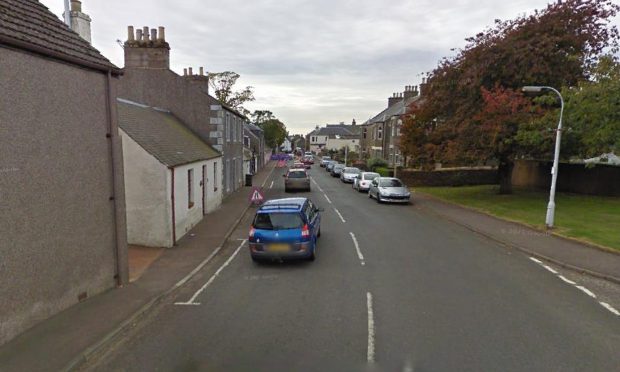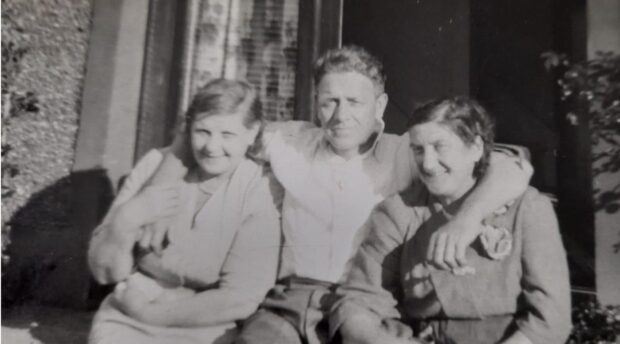A new drug which can prolong the lives of women with ovarian cancer has been approved for use in Scotland.
In trials olaparib saw women with advanced ovarian cancer live an average of seven months longer than with standard treatments.
The drug, also known as Lynparza, is already in use in the USA, Europe and England and this week the Scottish Medicines Consortium permitted its use in Scotland.
It will also be used for those with fallopian tube and peritoneal cancers and could eventually treat a wide range of cancer types, including breast and pancreatic cancer.
Studies funded more than 20 years ago by St Andrews-based Worldwide Cancer Research led to the establishment of the company which created the medication.
Dr Lara Bennett, the charity’s science communications manager, said: “Ovarian cancer lags behind other cancers when it comes to the availability of modern, targeted treatments, and the prognosis for women diagnosed with ovarian cancer is often poor.
“All cancer patients should be able to benefit from the most advanced treatments medicine has to offer.
“That’s why it’s essential we keep supporting and funding early research for the future so we can develop the treatments we need.
“We are relieved that olaparib will finally be available for patients in Scotland.”
In 1995 the charity, previously known as the Association for International Cancer Research, funded a series of projects at the University of Cambridge studying DNA repair.
The findings were used to set up the company KuDOS Pharmaceuticals which developed olaparib, which targets DNA repair.
KuDOS and testing of the drug were taken over by AstraZeneca in 2005 and later Worldwide Cancer Research funded work which supported the case for using olaparib to treat cancers with BRCA mutations, paving the way for clinical trials on patients.
Clinical trials continue into the drug’s use to treat other cancers.
Worldwide Cancer Research is also supporting work looking at how to stop patients becoming resistant to the treatment.
Women with ovarian cancer that has returned and who have a mutation in the BRCA1 or BRCA2 genes will be able to get olaparib.









